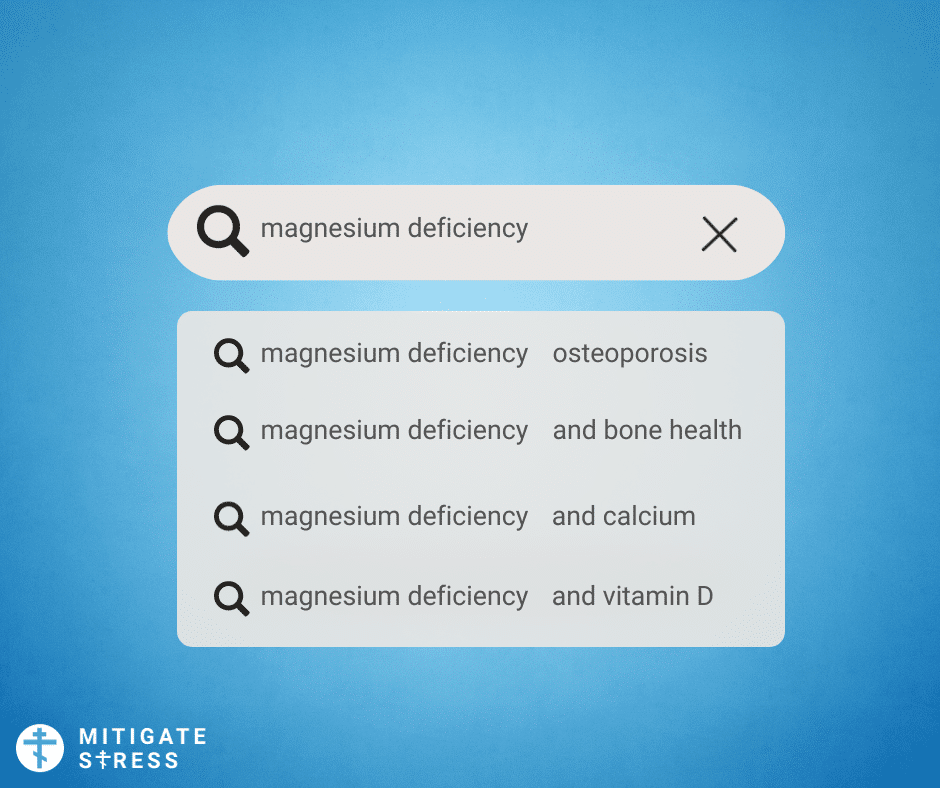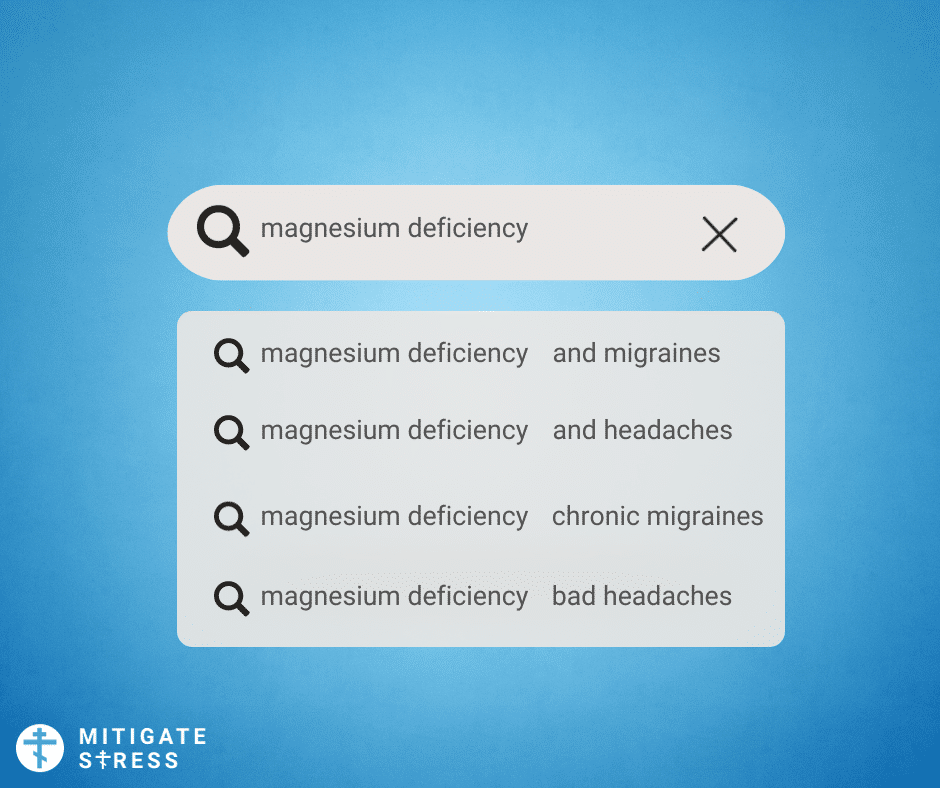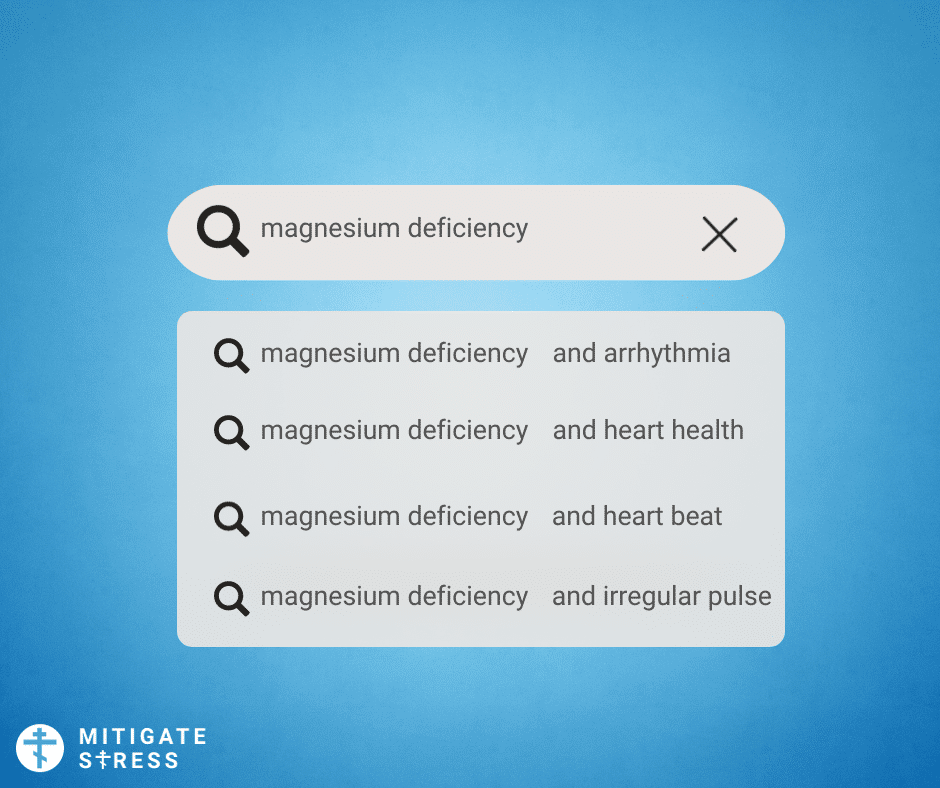Magnesium is an indispensable mineral that our bodies require for a multitude of biochemical reactions1. It’s not just important, it’s absolutely essential. From nerve and muscle function to blood pressure regulation and immune system support, magnesium plays a starring role. However, when our bodies lack sufficient magnesium, this can give rise to several health issues, one of which is weakness2.
Decoding the Concept of Weakness
Weakness, particularly in the context of muscles, is a common symptom associated with a variety of health conditions. It usually refers to a lack of muscle strength and the sensation that extra effort is needed to move one’s limbs or other body parts3.
Unveiling the Association between Weakness and Magnesium Deficiency
Scientific research has delved deeply into the relationship between weakness and magnesium deficiency. A study published in the respected journal Science Direct explored the range of pathologies associated with magnesium deficiency, which included hypertension and weakness4.
Another enlightening study featured in the Online Library underscored that muscle weakness and wasting are common manifestations of magnesium deficiency5. This study also highlighted that in certain cases, magnesium deficiency symptoms could include respiratory muscle weakness so severe that it inhibits a patient from being weaned from a ventilator5.
Deciphering Magnesium’s Role in Muscle Health
Magnesium’s role in maintaining healthy muscle function cannot be overstated. Its contribution to nerve transmission and muscle contraction are vital for regular muscle activity6. When our bodies experience a dip in magnesium levels, these processes can be disrupted, potentially leading to muscle weakness7.
Taking Control: Increasing Your Magnesium Levels for Robust Muscle Health
Given the potential link between magnesium deficiency and weakness, ensuring optimal magnesium levels emerges as a proactive measure towards enhancing muscle health. That’s where our products come into play:
Magnesium Bicarbonate Products: Our magnesium bicarbonate products are designed with your health in mind. They are highly bioavailable, which means they can be easily absorbed by the body. Incorporating these products into your everyday routine can significantly boost your overall magnesium levels, thereby bolstering your muscle health.
Topical Magnesium Oil: Our topical magnesium oil offers another effective avenue for augmenting your magnesium levels. When applied directly to the skin, it allows for transdermal absorption, delivering magnesium directly to where it’s needed most.
In conclusion, while there’s a need for further research to fully comprehend the connection between magnesium deficiency and weakness, current findings suggest that maintaining optimal magnesium levels could play a crucial role in managing this condition. By integrating our magnesium bicarbonate products and topical magnesium oil into your wellness routine, you can effortlessly keep your magnesium levels in check, contributing significantly to your overall well-being and muscle health.






0 Comments